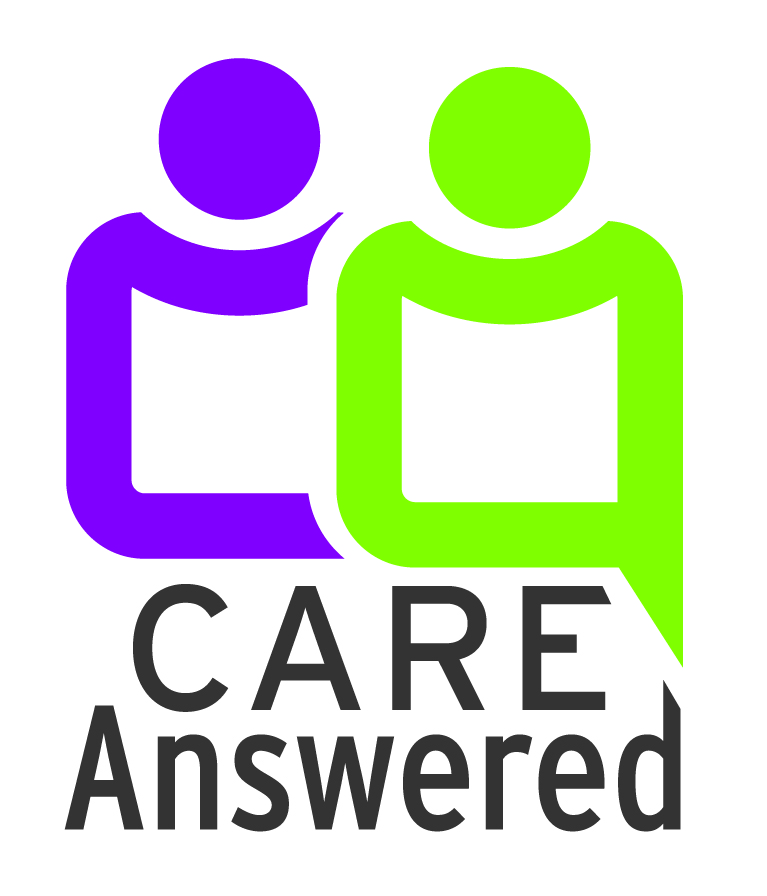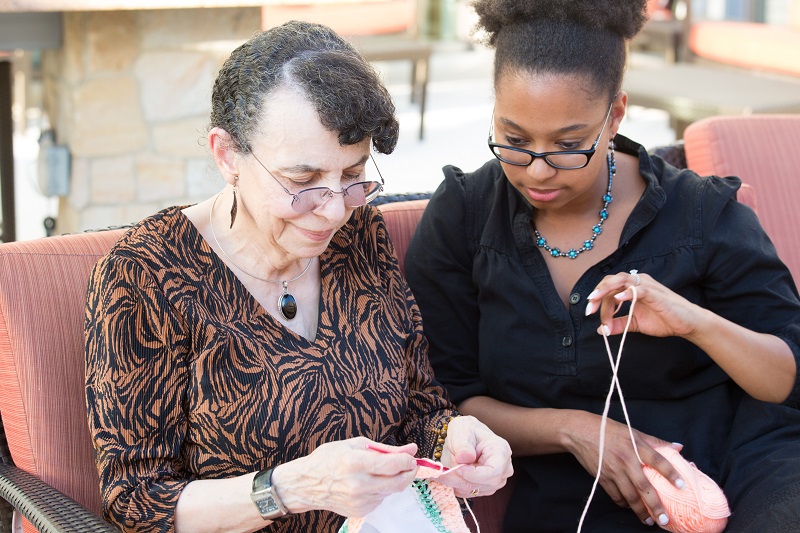After recovering from an illness, or after hospitalization, or simply as a result of general age-related decline, it may be necessary for seniors to have a little bit of help in order to safely remain living at home. The situation may be temporary, until a full recovery is made; other times a more long-term arrangement is required. In these cases, companion care may be the solution.
Companion care is primarily emotional support and companionship for seniors who are generally healthy and who want to remain independent at home. However, it can also include a range of non-medical services that help make la senior’s life more manageable. Companion care is generally provided at home, wherever that may be. Even some skilled nursing facilities will allow companion care to offer companionship to a resident.
Following are tips and questions to ask when looking into home health aides or companion care.
- Include your loved ones and primary care physician in the discussion about the need for home care and the type of care needed.
- Make a list of daily activities with which you/your loved one may need assistance.
- Determine what hours of the day and how many days a week you/your loved one needs care.
- Prepare a list of medications (include supplements) that includes when the medications are taken and what each medication is taken for. Keep in mind many home care agencies can’t have their aides “administer” medications. This means they cannot take the medicines out of the bottle to give you, but they can give reminders. (Always ask any care provider what s/he is able to do based on your list of daily activities created in tip 2.)
- Make a list of personality traits you/your loved one would find ideal – remember this person will be in your home. Some examples: preference for someone chatty or quiet/reserved; preferred language spoken; preferred gender; or a culture that feels most comfortable.
- If you decide to find a home care agency or choose a home care provider privately, make sure a background check is done.
- If possible, interview all prospective home care providers. Sometimes it is not possible to interview them in person or on the phone, so tips 1 – 6 are even more important to provide to the home care provider.
- Have a loved one or Patient Advocate stop by unannounced to make sure the home care provider is meeting expectations.
Home health aides and companion care providers often assist with household tasks, basic personal care, and as the name implies, companionship. They can offer individuals and their loved ones peace of mind which is invaluable. For additional information or assistance with selecting a home health aide or companion care provider, call Care Answered at (516) 584-2007.
(Adapted from the book, From Crisis to Calm: A Patient Advocate’s Take on Health Care Coordination for YOU, the Common Caregiver, by Nicole Christensen, BCPA. Available on Amazon.)
Nassau County, NY Residents: If your loved one has dementia, Long Island Alzheimer’s & Dementia Center provides in-home respite care. This offers trained staff as friendly visitors every other week to the home to engage your loved ones with stimulating activities and provide respite for the caregiver. This may be a great way to initiate companion care or supplement the care you already have. Contact the Long Island Alzheimer’s & Dementia Center for information about this program and all there many excellent programs.

